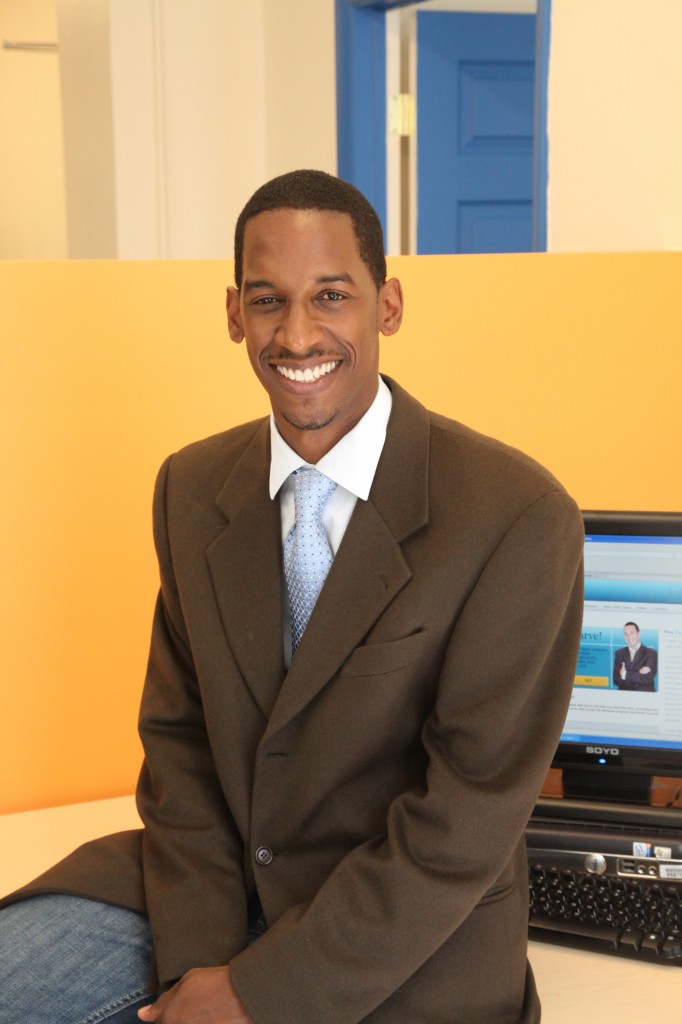Akil Bello, a college and graduate test preparation expert and owner of Bell Curves, LLC , (http://www.bellcurves.com/), a socially responsible educational services company, will detail what steps college bound high school students should take to prepare successfully for the SAT and the ACT during #CollegeChat on Twitter on January 18, 2011 at 9 p.m. Eastern.
During #CollegeChat, Bello, (http://twitter.com/akilbello ), will discuss with attendees how to construct a self study program for the SAT and the ACT. Items Bello will discuss include:
- When should a college bound high school sophomore or junior take the exams
- How much time to devote to test preparation
- How to develop a timeline
- How to construct a study program
- Online resources
- Books and other helpful resources
- How to determine which test is best for each student
Akil Bello is an expert in test preparation and is the vice president of Educational Development for Bell Curves. Bello oversees all aspects of the development of programs and materials, as well as the training of teachers. He has worked as a teacher trainer and materials developer at three different test prep companies, bringing his unique humor and intelligence to every endeavor. After spending 15 years teaching every standardized test in the known universe, he joined his brother and father in founding Bell Curves.
About #CollegeChat
#CollegeChat is a live bi-monthly conversation intended for teens, college students, parents, and higher education experts on Twitter. #CollegeChat takes place on the first and third Tuesdays of the month at 6 p.m. Pacific/ 9 p.m. Eastern. Questions for each #CollegeChat edition can be sent to Theresa Smith, the moderator of #CollegeChat via http://Twitter.com/collegechat , by entering questions online on the CollegeChat Facebook page at http://ht.ly/1XIqV , or by email. More detailed information about signing up for Twitter and participating in #Collegechat can be found at http://pathwaypr.com/how-to-participate-in-a-twitter-chat .CollegeChat can also be found on Twitter at http://Twitter.com/collegechat .







